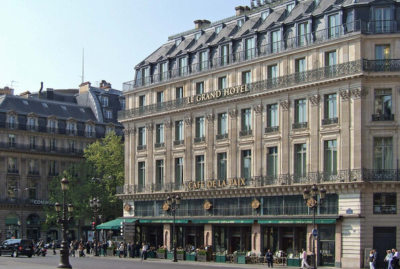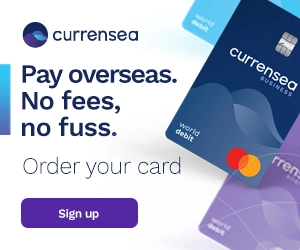Don’t forget IHG Rewards Club ‘Friends & Family’ rates for cheap hotels
Links on Head for Points may support the site by paying a commission. See here for all partner links.
Back in 2009, when the hotel business was in real trouble, IHG Rewards Club launched a special deal for stays at Holiday Inn, Holiday Inn Express, Crowne Plaza, Indigo, InterContinental, Staybridge Suites and Candlewood Suites hotels.
It was called ‘Friends & Family’ and was nominally aimed at people who were friends or relatives of hotel employees.
However, the company made no secret of the fact that they were happy for anyone to use it, and even posted links on forums that could be used. After some pushback, people claiming to be friends of Steve Sickel, the head of the programme, found that hotels would occasionally not let them use the rate. Other links, such as this ‘Friends and Family’ link that I use, continue to work just fine.

The Friends & Family deals are usually priced below the ‘Advance Saver’ rate for the same dates. They carry the same conditions, ie no changes and no refunds.
The only difference is that these rates do NOT earn IHG Rewards Club points. Hotels do a VERY good job of enforcing this rule. You won’t earn stay credit either. Bear this in mind when booking, especially if you are taking part in the ‘Accelerate’ promotion.
Availability under this programme is worse than it used to be but you can still find the odd deal.
In London on Saturday 12th March, the Friends & Family link gives:
- InterContinental Park Lane at £231 vs £265
- Staybridge Suites Vauxhall at £96 vs £114
- Holiday Inn Bloomsbury at £132 vs £156
Various other properties were available as well. This rate is valid worldwide, not just in the UK.
You have absolutely nothing to worry about by booking this rate using the link above. You will not be asked for any special ID or proof of your friendship with Jennifer. Just be very clear that you will NOT receive any points or stay credit.
IHG One Rewards update – April 2024:
Get bonus points: IHG One Rewards is offering 2,000 bonus points for every two cash nights you stay (not necessarily consecutive) between 1st April and 31st May 2024. You can read our full article here and you can register here.
New to IHG One Rewards? Read our overview of IHG One Rewards here and our article on points expiry rules here. Our article on ‘What are IHG One Rewards points worth?’ is here.
Buy points: If you need additional IHG One Rewards points, you can buy them here.
Want to earn more hotel points? Click here to see our complete list of promotions from IHG and the other major hotel chains or use the ‘Hotel Offers’ link in the menu bar at the top of the page.



 Rob
Rob 




Comments (302)